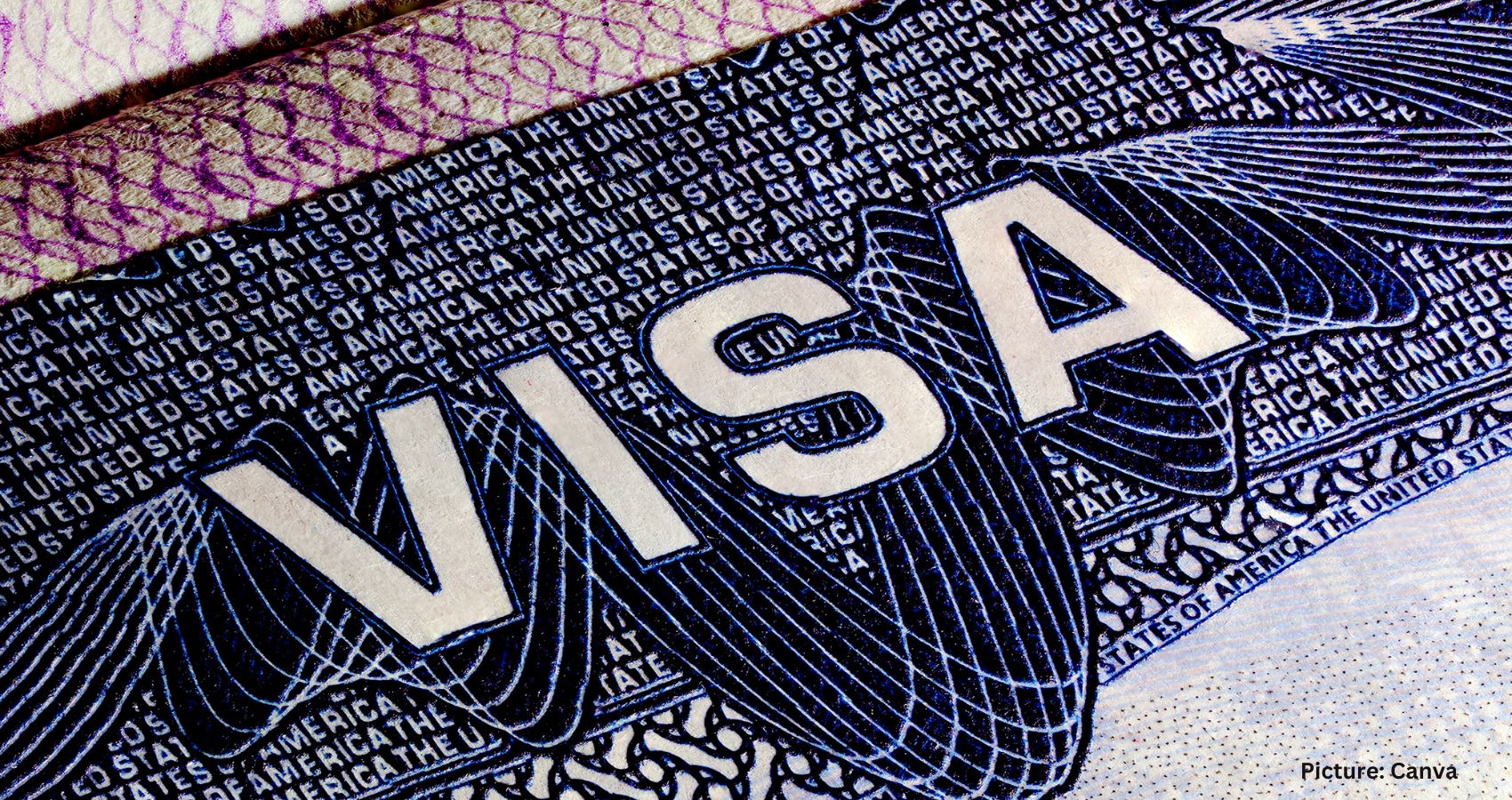Indian students on Optional Practical Training (OPT) in the U.S. are caught in a difficult situation as visa sponsorships become harder to secure. With H-1B visa chances declining and companies increasingly reluctant to sponsor foreign workers, many are left scrambling for alternatives. The uncertainty has led some to consider leaving the U.S. before their OPT expires, but the possibility of returning without complications remains unclear.
In an effort to legally extend their stay, some students have applied for a second degree to obtain another F-1 visa after their OPT ends. However, this path is risky, as a rejected F-1 visa application could result in being denied re-entry into the U.S. Further complicating matters, American immigration rules impose restrictions on students beginning a new academic program. Even if their previous F-1 visa remains valid, they are often not allowed to re-enter the U.S. more than 30 days before the start of their new classes.
The situation becomes even more precarious for those who overstay their visa. Remaining in the U.S. beyond the authorized period can jeopardize future F-1 and H-1B approvals. Meanwhile, hope for securing an H-1B visa is fading, as many OPT workers report that their employers are refusing to sponsor applications this year. Some are exploring self-petition options, but many find themselves forced to pursue another degree simply to maintain their legal status.
For thousands of Indian students in the U.S., this has turned into a distressing ordeal. The intricate visa system, combined with rigid immigration policies, is making it increasingly difficult for them to stay in the country. As their options diminish, they are left navigating a system that offers few clear solutions and significant risks.

